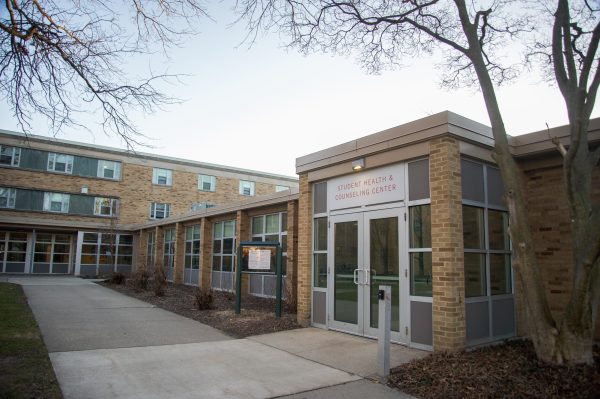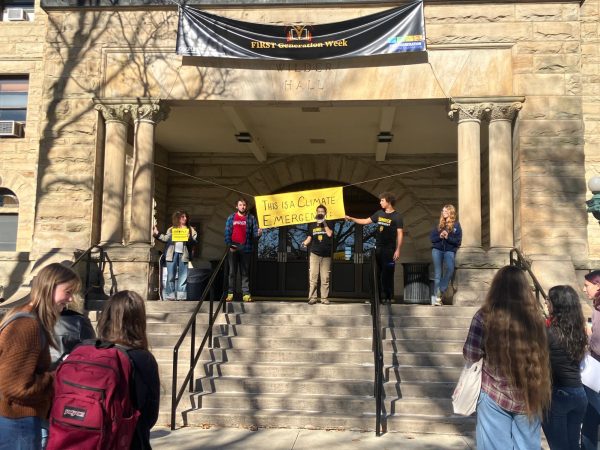Amid Outsourcing and Austerity Measures, Oberlin’s Endowment Booms
The administration and trustees claim that Oberlin College’s endowment increased by approximately $63 million between June and November 2020, topping $1 billion for the first time in Oberlin’s history. During the same period, the administration outsourced or eliminated the jobs of more than 100 food service and custodial workers, claiming the college’s “structural deficit” either required vast concessions from these workers, or that new subcontractors be hired for a cheaper price.
In response to the announced changes, more than 2,400 alumni, students, faculty, and parents begged the administration to refrain from laying off workers amid the worst pandemic in over a century.
We were rebuffed. The College was facing enormous financial problems, we were told, and the draconian elimination of these workers’ jobs was absolutely necessary.
This turned out not to be the case. Surely, by the time of the August layoffs, the administration was fully aware of the endowment’s rapid growth. As a result, the College easily could have granted our request to hold off on the layoffs — at least until the pandemic had subsided. It now seems clear that had the College postponed the job cuts for even a few months, the endowment information would have undermined the case for its union-busting and anti-worker policies. Instead, the pandemic lockdown, without the news of endowment growth, provided the needed austerity framework for the administration to crush its blue-collar workers and their union.
So what has the College accomplished?
1. As its endowment booms, Oberlin College has increased joblessness and poverty in an already poor area of Ohio.
2. In doing so, the administration has further driven a wedge between the town and the College.
3. The College has alienated thousands of us who no longer believe that the administration supports, or even understands, Oberlin’s progressive traditions.
4. Wringing needless concessions from its workers, the co-ops, and the administration has dealt a blow to the College’s credibility.
In a fairer and more just world, the administration would immediately end its austerity drive and rehire these blue-collar workers at their previous wages and benefits. By doing so, it would share some of its good fortune with those struggling to survive in a world ripped apart by the pandemic and increasing inequality.
Kelly Grotke, OC ’89
Les Leopold, OC ’69
Cassandra Ogren, OC ’02
Susan Phillips, OC ’76
Kris Raab, OC ’89




